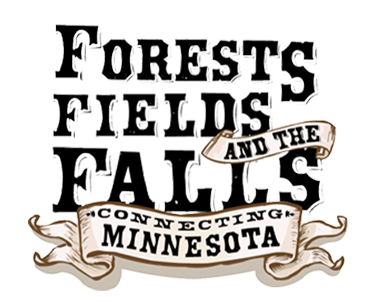A Recipe for Boston Baked Beans

Pork and Beans on the stove at the Forest History Center
Photo courtesy Invioni.
20 lb. beans, navy, dried
10 lb. fat salt pork
10 tbsp. Salt
2 cups sugar
5 lb. molasses
2 tbsp mustard
water
Wash the beans thoroughly and drain, then cover with cold water and soak overnight. Drain, cover with fresh, cold water, heat to a simmering temperature and simmer until skins burst (determined by taking a few beans on the tip of a spoon and blowing on them, the skins will burst if sufficiently cooked). Drain beans. Cut slices from pork ¼ inch thick and put in bottom of each bean pot. Cut through rind of remaining pork every half inch, making cuts 1 inc thick. Put beans in pot and bury pork, leaving only the rind exposed. Mix molasses, salt, and sugar, with an equal amount of boiling water and pour over beans; then add enough boiling water to cover the beans. Cover bean pot and bake in slow oven 6 to 8 hours, uncovering the last hour of cooking. Add water as needed.
Serves 60.
Recipe from the personal collection of Bill Beyers, lumberjack and cook, Grand Rapids, Minnesota
Cooking Tools

Lumber camp cooking tools
Minnesota Historical Society Museum Collections, Frying pan: 1978.38.50; Bean pot: 1993.82.1 a, b; Bowl: FH1081; Potato masher: 67.88.1; Rolling pin: 67.181.3; Meat cleaver: 71.32.21; Cup: FH578; Spoons: 7165.11
"Good grub was about all we had to look forward to all winter long, and 3 good meals a day kept us from fighting and complaining and helped us cut down the old ... pineries in my lifetime."
—Louie Blanchard
Walker D. Wyman and Lee Prentice, The Lumberjack Frontier: The Life of a Logger in the Early Days of the Chippeway, Retold from the recollections of Louie Blanchard (Lincoln: University of Nebraska Press, 1969).

